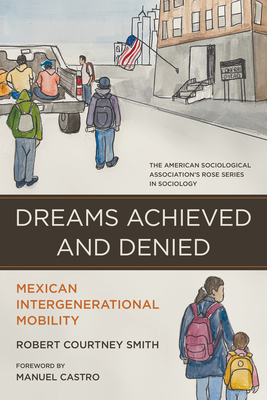
Himelstein, Sam
Mindfulness has grown in popularity exponentially over the past two decades, and many educators, therapists, and other youth professionals are asked to teach mindfulness in a variety of public settings: schools, detention centers, and other systems of care. Many of these youths are impacted by trauma.
Through practical methods and real- world examples, Sam Himelstein offers a clear conceptual understanding for why mindfulness may help youth impacted by trauma, explanation about when and how to adapt mindfulness meditations, and practical "mini- modules" for presenting and teaching mindfulness via a trauma- informed lens.
This book presents specific guidelines about teaching mindfulness within a relationship- based framework for building the therapeutic alliance and aiding other psychotherapy interventions. Case examples illuminate common experiences that arise with trauma-impacted youth, and detailed descriptions of exercises and curricula are provided. This book is a must for therapists who wish to share mindfulness with trauma-impacted youth.
member goods
listens & views

PAWS ACROSS THE WORLD 2003 ...
by PAWS ACROSS THE WORLD 2003 / VARIOUS
COMPACT DISCout of stock
$4.99

DOLCISSIMA MIA VITA: MUSIC OF ...
by DOLCISSIMA MIA VITA: MUSIC OF 16TH CENTURY / VAR
COMPACT DISC$17.75





